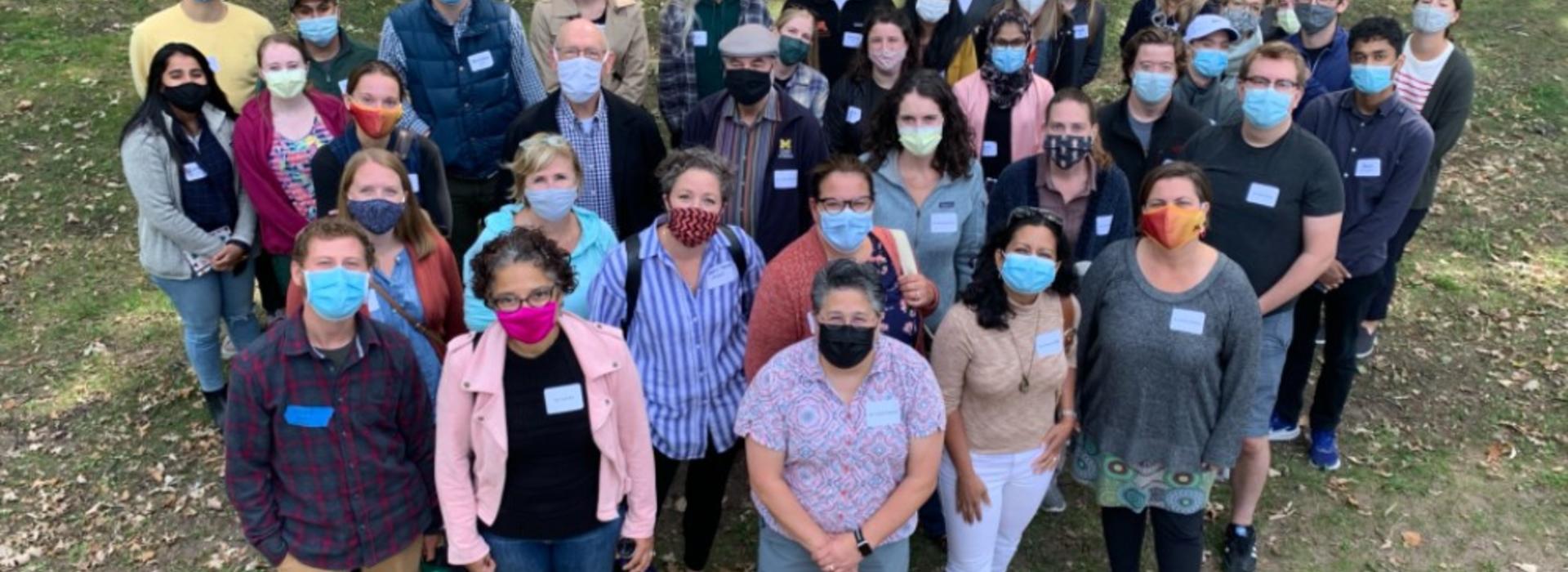
Research Brief: Importance of teaching physician advocacy to medical students
MINNEAPOLIS/ST. PAUL (07/28/2022) — The Journal of Public Health Management & Practice published a study from University of Minnesota researchers highlighting the Dr. Pete Dehnel Public Health Advocacy Fellowship and the program’s positive impact on University of Minnesota Medical School students.
The 9-month program uses a community-centered approach to teaching physician advocacy to medical students on both the Twin Cities and Duluth campuses. The fellowship is organized around skills training, personalized physician-mentor pairings and hands-on advocacy activities.
“Medical care only accounts for 10% to 20% of health outcomes. Social determinants of health, including socioeconomic and environmental factors, account for the other 80% to 90%. Healthcare professionals have a professional and moral obligation to step outside of our clinics and hospitals, elevate the voices of frontline communities and use our expertise and privilege to advocate for policies that promote public health,” said Laalitha Surapaneni, MD, MPH, an assistant professor of internal medicine at the University of Minnesota Medical School and a hospitalist with M Health Fairview.
The research found key components of the fellowship, including a flexible curricular structure with built-in adaptability and emphasis on long-term health advocacy engagement, are associated with student growth. It also found that community-centered models of advocacy training offer a compelling way to enable physician advocacy to center on community needs, elevate the voices of those impacted by inequities and foster innovative system change driven by community wisdom.
The study also found programs that approach physician advocacy training similar to traditional medical education risk adopting an “ivory tower” approach that replicates existing power hierarchies and inadvertently focuses on physician accomplishments instead of community needs.
Twin Cities Medical Society started the fellowship program in 2018 with 11 students and mentors. It has grown to include more than 80 student/mentor pairs. Medical students interested in joining a future cohort can fill out an online form.
Funding for the fellowship program is provided by the Physicians Foundation.
###
Contact
Alex Smith
a-smith@umn.edu
About the University of Minnesota Medical School
The University of Minnesota Medical School is at the forefront of learning and discovery, transforming medical care and educating the next generation of physicians. Our graduates and faculty produce high-impact biomedical research and advance the practice of medicine. We acknowledge that the U of M Medical School, both the Twin Cities campus and Duluth campus, is located on traditional, ancestral and contemporary lands of the Dakota and the Ojibwe, and scores of other Indigenous people, and we affirm our commitment to tribal communities and their sovereignty as we seek to improve and strengthen our relations with tribal nations. For more information about the U of M Medical School, please visit med.umn.edu.